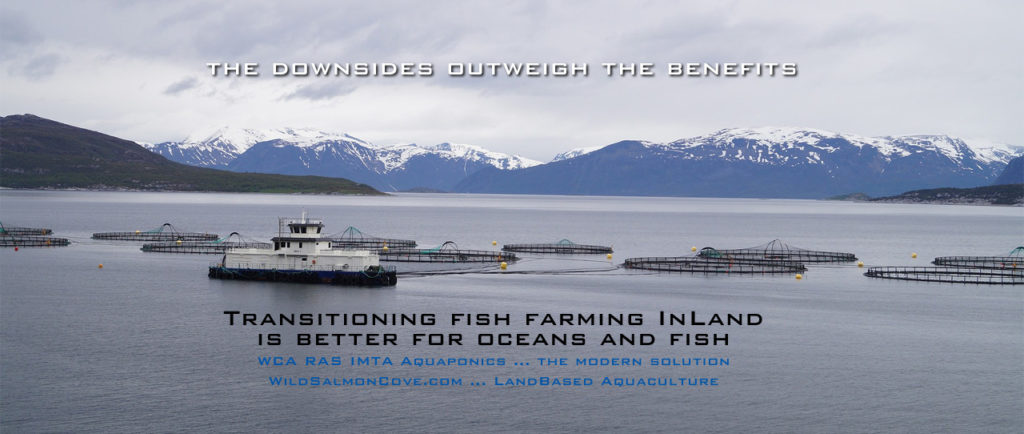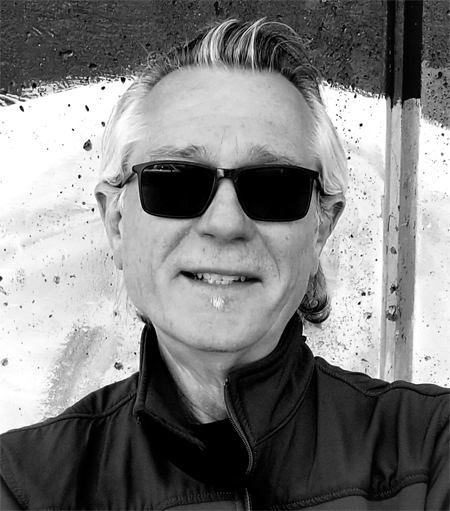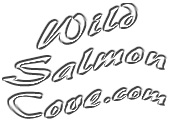
Wild BC salmon stocks are in a free fall towards decline. If we, as a society don’t do something immediately, as in today, salmon species in British Columbia will all move dangerously close to becoming extinct.
Northern creep of warmer oceans advances every year, and it’s picking up speed. In order to breed, salmon need cold water in rivers that are sometimes warming faster than oceans – a half degree rise in temperature has devastating consequences.
Pollution is also having a direct and ancillary effect.
Microplastic, the latest scourge, is layered on top of mercury, PCBs, and other dioxins. Parts of our oceans are slowly turning to soup – a modern day ocean bouillabaisse.
Overfishing however … is the biggest reason for depleted species.
When we launched Wild Salmon Cove in 2013 our goal was to support the independent side of wild commercial fisheries in BC, with a heavy list towards trolling gear – guys like Jon Hunter have a lot of good stuff to say.
For almost a decade we’ve connected people and companies across a number of industries, including FinTech–we liked the disruptive value implications, and believe it’s also important to follow the money. We’ve helped a number of companies and organizations, governments too, develop innovative IT projects that delivered more streamlined and cost-effective supply chains.
Tech makes things possible for fisheries that we’ve never even dreamed, and it’s about to ramp into hyper-drive.
Data is the driver. BIG Data makes it possible for small companies and organizations to be competitive–quite often based on disruptive marketing and operations models. On the government side of the spectrum, and now because everyone will be able to more cost effectively collect and manage accurate data, small enterprise networks using IPFS blockchain on the distributed web will also make it easier for fisheries to manage wild and farmed fish stocks. Costs will be substantially reduced.
Our collective new 2020 ideal will be built along Social Media and CLUSTER tenets – modeled on trust, transparency, and community. Supply chain streamlining and cooperation will be key to success and overall viability.
It’s no surprise to anyone anymore that oceans can no longer feed the world, of which over half of us consume seafood as a staple protein.
After thirty years of research, development, and innovation, it’s also clear that fish farming in the ocean in open-net pens was a great effort, but it can’t deliver holistically. Production at all costs reflective of our oceans is not sustainable, or responsible. Environmental and ecological challenges far outweigh the benefits. We have to first take care of the oceans and all it’s life forms, and always make marketing decisions based on cultivating a healthy planet.
Something has to change respective of open-net fish farms in the ocean. Almost everyone agrees closed-containment in the deep ocean can meet environmental and ecological markers. It’s also fair to say though that the odds of it being successful and sustainable are just as good and maybe even better using land-based aqua and bio technology. Inland, WCA RAS IMTA using aquaponics is as technically possible as closed containment is in the ocean. Land-based is also much safer, and in today’s society, safety counts.
The main argument coming from the open-net pen industry is that land-based fish farming will be too expensive. They’re right, everything in the beginning is expensive, but if you really want to be socially and environmentally responsible you have to step outside of the flow and chart a new course. Open-net pen proponents also want investors to think land-based is not a good bet. The reality however is that there are investors out there who are obsessively interested in the planet, and who understand what OPEN SOURCE means–technologically and as a socially responsible marketing concept. The relatively new business ideology, B CORP is built on trust and transparency, and counts companies like PATAGONIA as members.
It wouldn’t be a bad idea if all food companies met B Corp standards.
Change is way more complicated than it looks, and for good reason … Over 90% of an iceberg’s mass is below water, and the same goes for fisheries.
Fisheries of all types, wild ocean or fish farm, will benefit from a move inland. At this late stage, it’s one of the fastest and most effective ways to heal our oceans and sea life, animal and plant.
We seem to have the ecological will as a global community, but we now need strong political leadership to enact the change we want to be.

Maurice Cardinal has been a fisheries marketing and communications advisor and writer in British Columbia for almost a decade and has worked with leading organisations, NGOs, and governments in Canada and abroad.
